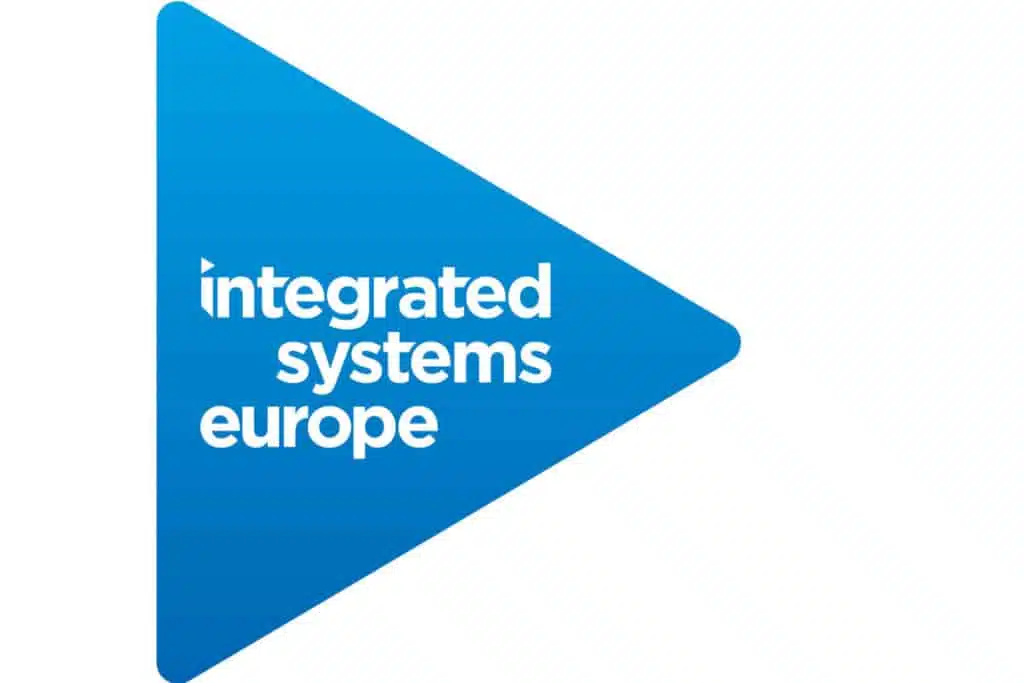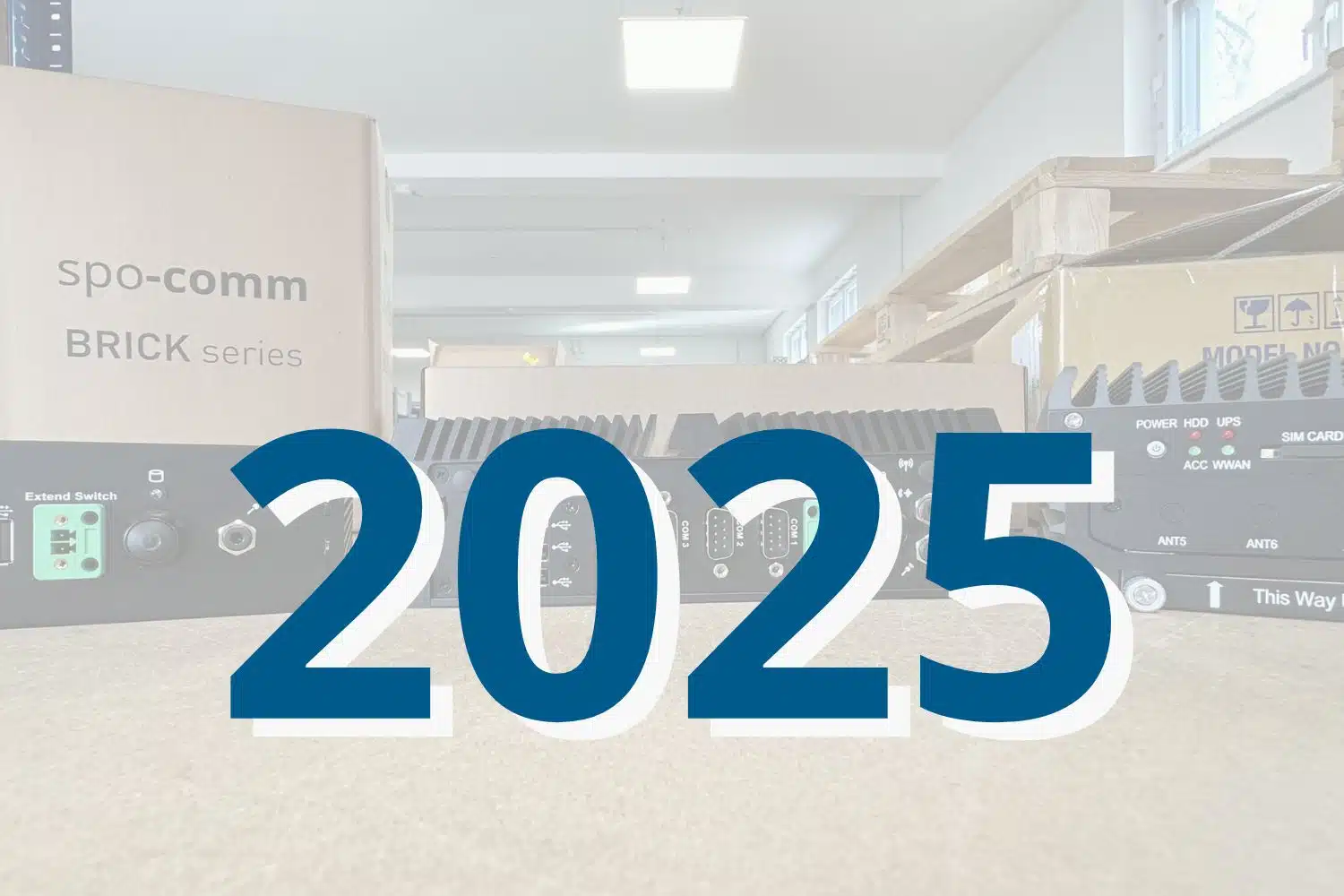14.01.2020

The RAI exhibition center in Amsterdam opens its doors to ISE exhibitors and visitors for the last time. The world's largest trade fair for AV solutions and integrated systems has continued to grow over the years and is therefore moving to Barcelona in 2021.
We will also be there again and will be presenting our crème de la crème in digital signage at stand G727 in hall 8: high-performance mini PCs with the latest graphics cards for multi-monitor or even 4K applications.
Our key account managers Martin and Mustafa look forward to advising and supporting you with your requests, wishes and projects. If you are planning your visit to the trade fair, you are welcome to make an appointment with us directly.
Get in touch with us
You still have the opportunity to secure a free ticket for ISE 2020 with our code.
This is how it works:
We look forward to seeing you at our stand 8-G727!

For us, 2025 was a year of change, further development and clear strategic decisions. In the current...

Like every year, December is a turbulent time for us: Christmas party, organizing the last orders, t...

For us, flexible working is not just a theory, but pure reality. Work adapts to life - not the other...
You need to load content from reCAPTCHA to submit the form. Please note that doing so will share data with third-party providers.
More Information